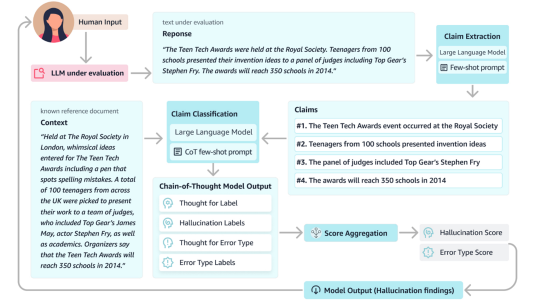Existing efforts on text synthesis for codeswitching mostly require training on codeswitched texts in the target language pairs, limiting the deployment of the models to cases lacking code-switched data. In this work, we study the problem of synthesizing codeswitched texts for language pairs absent from the training data. We introduce GLOSS, a model built on top of a pre-trained multilingual machine translation model (PMMTM) with an additional code-switching module. This module, either an adapter or extra prefixes, learns code-switching patterns from codeswitched data during training, while the primary component of GLOSS, i.e., the PMMTM, is frozen. The design of only adjusting the code-switching module prevents our model from overfitting to the constrained training data for code-switching. Hence, GLOSS exhibits the ability to generalize and synthesize codeswitched texts across a broader spectrum of language pairs. Additionally, we develop a self-training algorithm on target language pairs further to enhance the reliability of GLOSS. Automatic evaluations on four language pairs show that GLOSS achieves at least 55% relative BLEU and METEOR scores improvements compared to strong baselines. Human evaluations on two language pairs further validate the success of GLOSS.
Research areas




